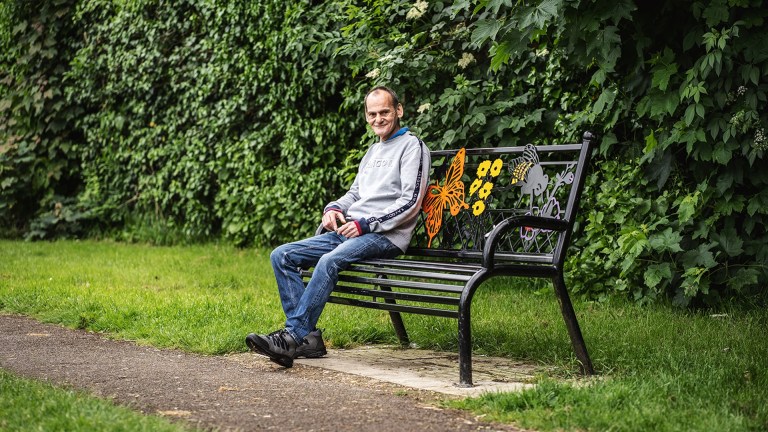While building more social homes is vital to bringing Britain’s housing crisis to an end, taking empty homes back into use will also play a role.
UK campaigners Action on Empty Homes know this – as do The Big Issue, we launched our Fill ‘em Up campaign several years ago – and that is why they have joined forces with international partners to launch the Global Empty Homes Network (GEHN).
Prosper Australia and the Local Initiatives Support Corporation from the United States are also involved with GEHN, bringing local expertise that the group hope will solve the mismatch between empty homes and housing need.
First on the agenda for GEHN is dealing with efforts to prevent a “surge of evictions and repossessions” off the back of the Covid-19 pandemic. This is another goal shared by The Big Issue as our Ride Out Recession Alliance urges the government to extend the evictions ban in England.
Global Empty Homes Network Launches in UK, USA and Australia with call for worldwide housing protections during Covid Crisis see more from @LISC_Helene @Prosper_Aust and @emptyhomes here: https://t.co/6z2Ys98Zwx
— Action on Empty Homes @emptyhomes (@emptyhomes) August 12, 2020
“Many countries face the prospect of both an increase in homelessness and an increase in empty homes as a result of the Covid-19 crisis. At this critical time, it is imperative governments look to the long term and prevent both a surge of evictions and repossessions,” said Will McMahon, director of Action on Empty Homes. “The housing market must be protected from speculative purchases of distressed assets from global players.”









